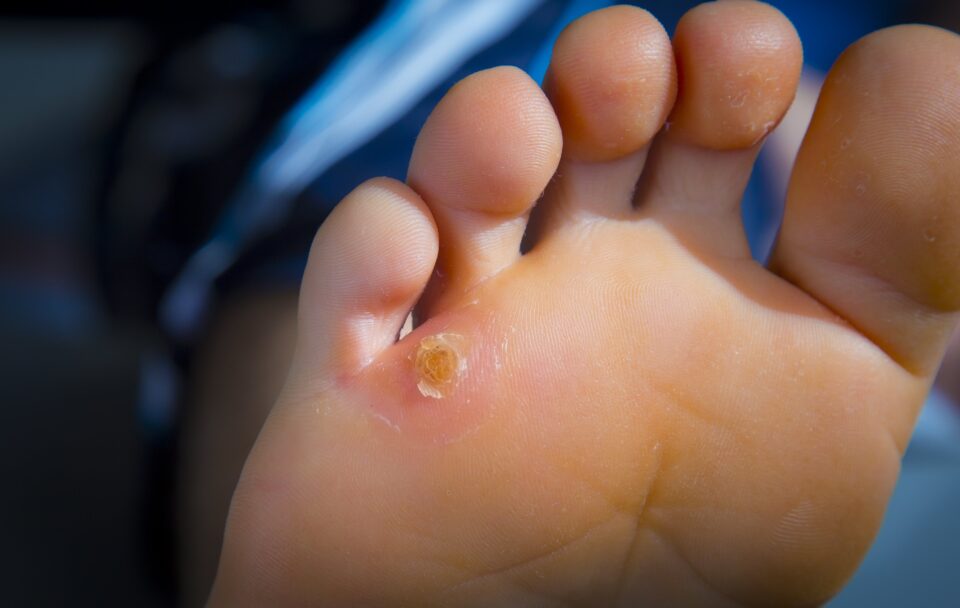In the intricate tapestry of our bodies, calluses often emerge as silent players, seemingly harmless patches of thickened skin that come as a response to friction and pressure. However, while these protective shields are the body’s natural defense mechanism, there are times when calluses can turn from allies to adversaries. As they thicken and harden, they may create problems rather than solutions. Let’s delve into the world of calluses Bakersfield, understanding their intricacies, knowing when they become problematic, and discovering when it’s wise to seek professional medical help.
- What are Calluses? The Good, The Bad, The Balance: Imagine your skin as a vigilant guardian, defending against the constant friction and pressure that life throws at you. Calluses are like the armor that your guardian dons to keep your body’s vulnerable regions safe. These patches of thickened skin develop over time, particularly in areas that experience repeated stress – your hands, feet, or anywhere where rubbing and irritation are frequent occurrences.
While calluses are usually the body’s way of adapting and protecting itself, they can occasionally tip the scales from beneficial to bothersome. Thick calluses often create pain, discomfort, and even complications if left untreated. When a callus becomes excessively thick, it can lose its elasticity, potentially leading to painful cracks.
- When to Seek Medical Help: Navigating the Callus Conundrum: The key to determining when medical intervention is necessary lies in recognizing problematic calluses. Common symptoms of calluses include redness pain, tenderness, or swelling. Too large and deeply seated calluses will interfere with your daily activities. It’s a signal that your body needs a helping hand.
It’s important to seek medical treatment for calluses, especially if you have diabetes, poor circulation, or other complex health conditions. These conditions can make calluses riskier, potentially leading to infections or ulcers. If you’re in doubt or experiencing any discomfort, a visit to a medical professional can provide valuable insights. They can evaluate the condition of your calluses, offer personalized recommendations, and help prevent potential problems down the road.
The next time you encounter calluses, remember that they’re part of your body’s intricate defense system. Embrace their protective nature while remaining vigilant to any signs that indicate trouble. Your body’s balance between protection and comfort is worth preserving, and seeking medical help when needed is a wise step in that direction. After all, calluses may be resilient, but your health deserves equal resilience and attention.

